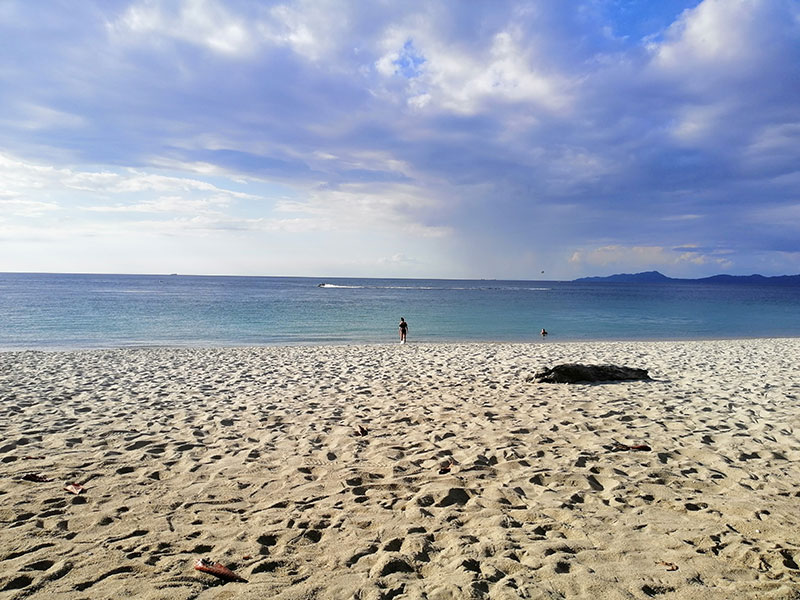以前から、「砂」「砂利」「土」「泥」「粘土」に関する表現がうまくできないことを認識していました。曖昧なことが多いので、早速、調べました。
■ sand – – 砂、[しばしば複数形で] 砂地、砂原、砂浜、砂丘、砂漠
この米は砂混じりだ。
This rice is mixed with sand.
エヴリンは目に砂が入った。
Evelyn got some sand in her eye.
■ grit – – 小さな砂、あら砂
机に砂ぼこりがたまっていた。
The desk was covered with grit.
胆石は一粒の砂ほど小さい時もあるし、ゴルフボール大に大きい時もある。
Kidney stones can be as small as a grain of sand or as large as a golf ball.
*「Kidney」は 腎臓という意味です。
■ gravel – – 砂利、バラス
トラックは砂利を道路にどさりと下ろした。
The truck dumped the gravel on the road.
作業員は砂利をセメントで固めるだろう。
The workers will bind gravel with cement.
■ soil – – 土、土壌、うわ土、農地、田園、土地、国
■ earth – – 土、土壌、 地、地中
土壌は、「earth」「soil」、地面は、「ground」を用いることが多い様です。
そのどしゃ降りは土に染み込む。
The a deluge of rain soaks into the soil.
*「soak」は、「染み込む、吸い込む」と言う意味です。
ルークは、外国の土を踏んだことが無い。
Luke never trod on foreign soil.
植物は土壌で育つ。
Plants are nourished by earth.
土を触って手の肌を荒らした。
I have roughened the skin of my hands by handling earth.
*「roughened」は、「roughen」の過去形、または過去分詞で、「粗くなる、ざらざらになる」の意味です。
■ mud – – 泥、ぬかるみ
リリィはぬかるみを歩いていた。
Lily was walking in mud.
泥がジョンの靴にこびりついた。
Mud adhered to John’s shoes.
泥がドレスにはねかかった。
The mud splashed my dress.
■ clay – – 粘土、土、泥
ケイリーは粘土で花瓶を作った。
Kaylee worked the clay into a vase.
園児たちは、今日、粘土で遊びます。
The kindergarten children will play with clay today.
煉瓦は大部分粘土からなっている。
Bricks consist mostly of clay.
See you next time!


